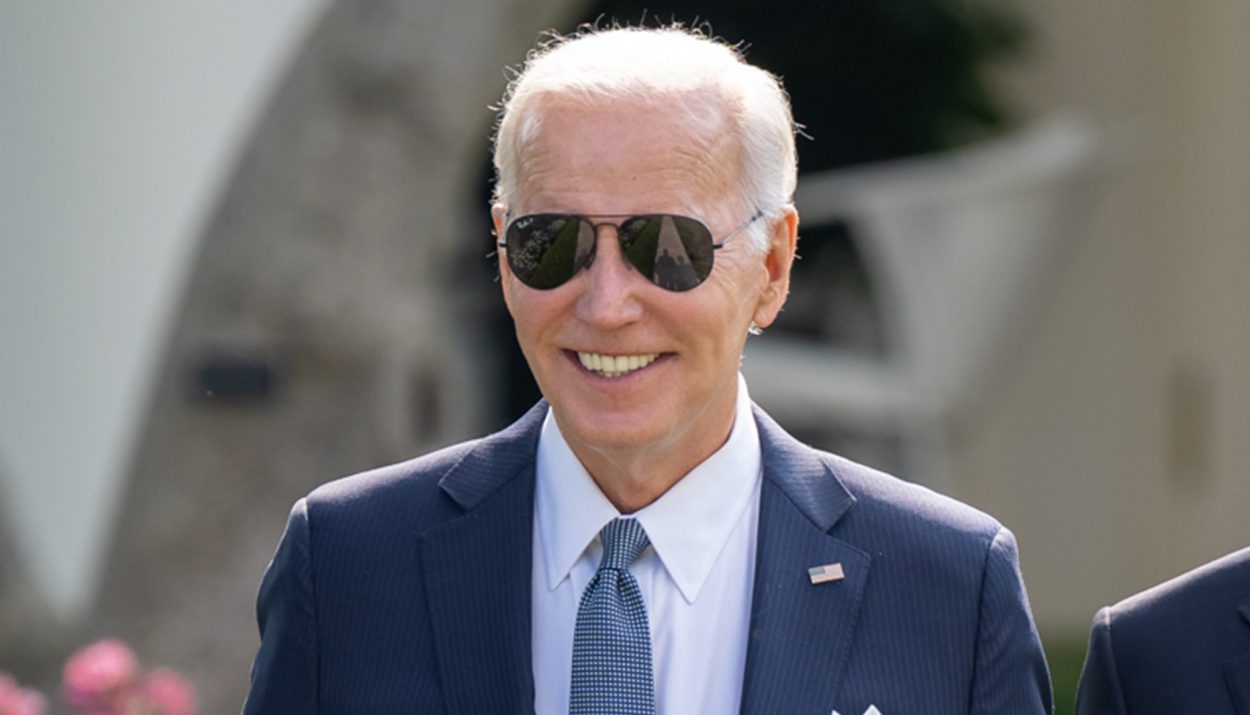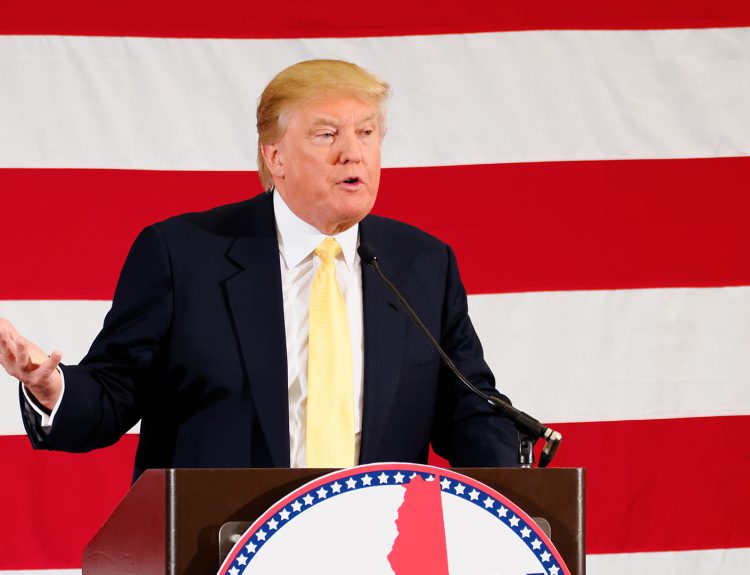As the Biden administration pushes for a transition towards renewable energy, the importance of oil persists for the United States economy and for society around the world. Access to oil reserves can have a significant impact on the nation’s prosperity and has the potential to create instability and poverty.
Crude Oil Prices
The administration has made the choice to cancel plans to replenish the Strategic Petroleum,
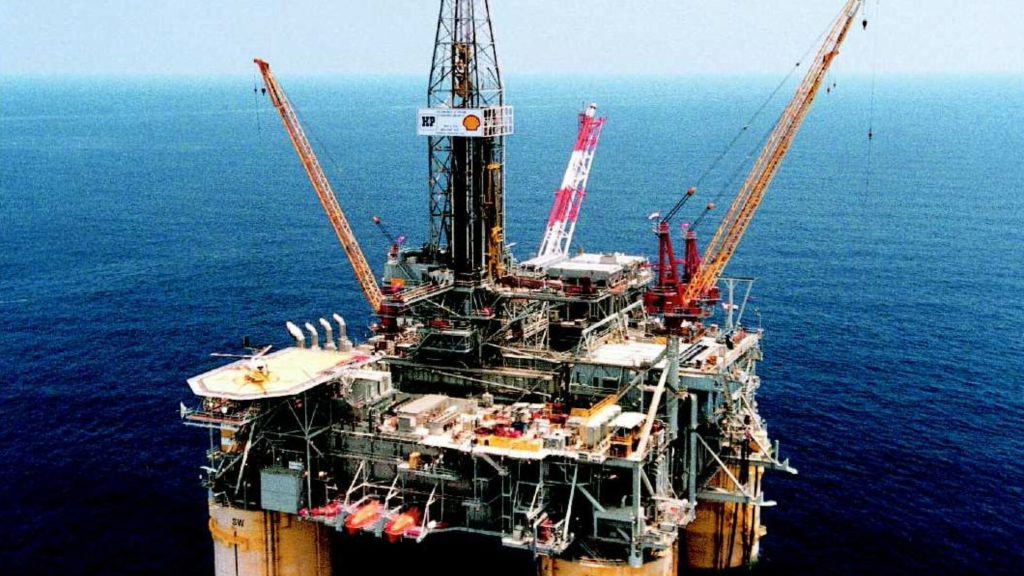
While crude oil prices soar to a whopping $85 per barrel.
Energy Department
The Energy Department claimed to be “keeping the taxpayer’s interest at the forefront.”
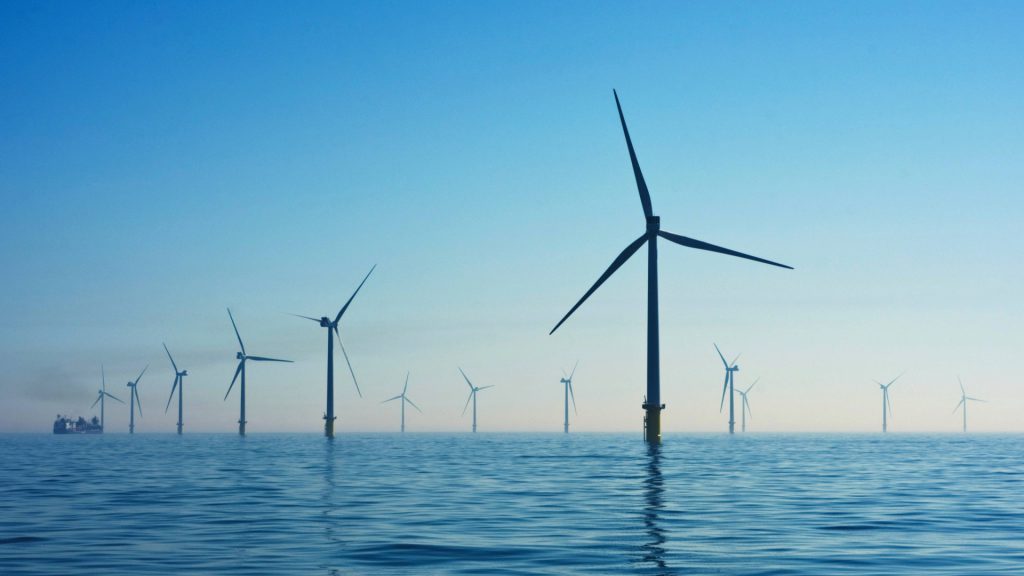
The agency said, “We will not award the current solicitations for the Bayou Choctaw SPR site and will solicit available capacity as market conditions allow,” adding, “We will continue to monitor market dynamics.”
Strategic Petroleum Reserve
In a response to escalating gas prices after Covid-19,
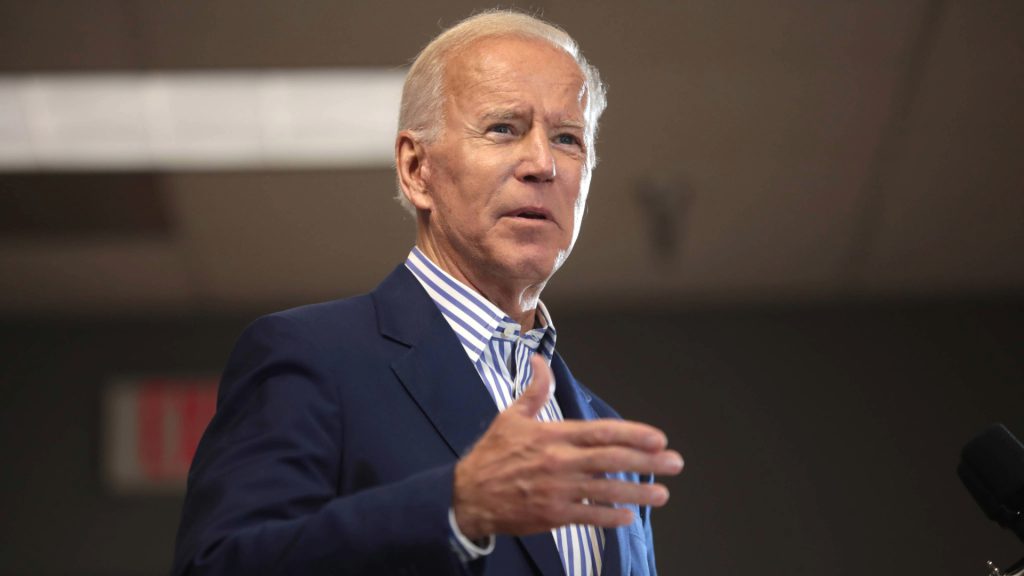
The Biden administration came up with the Strategic Petroleum Reserve (SPR), meant to buy 180 million barrels in 2022.
Announcement
Originally, the plan in March included quiring 3 million barrels for a Louisiana facility,
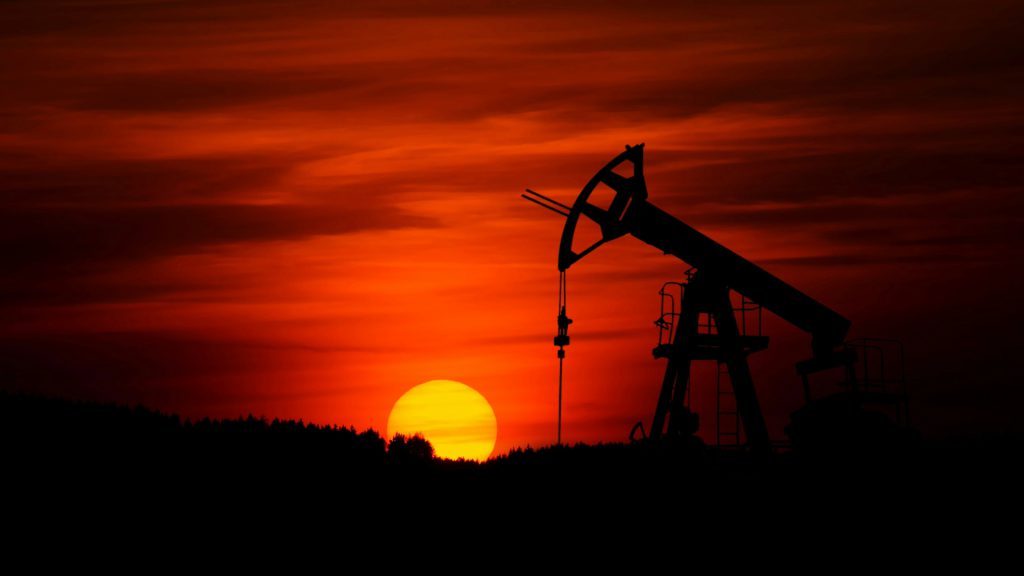
as part of the SPR replenishment strategy.
Current Inventory
The current inventory of the SPR is 363.6 million barrels,

Significantly lower than the 600 million barrels in late 2021, and less than half of the storage capacity.
Depleted
Even after repurchasing approximately 32 million barrels since that time,
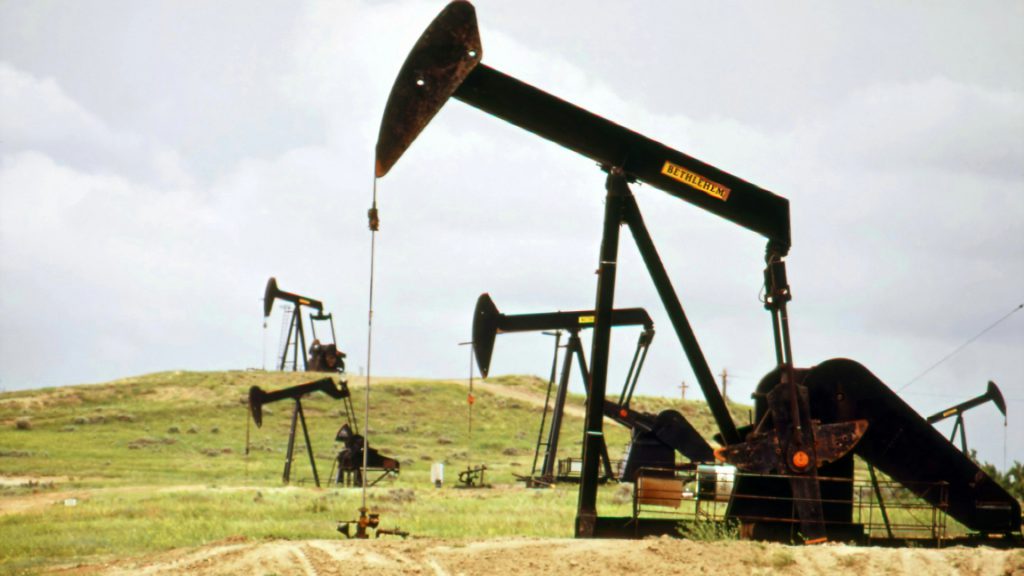
The reserve continues to be in a significant deficit in comparison to the reserve levels prior to pre-Biden.
Established In 1975
Established in 1975, the largest crude oil emergency supply in all the world,
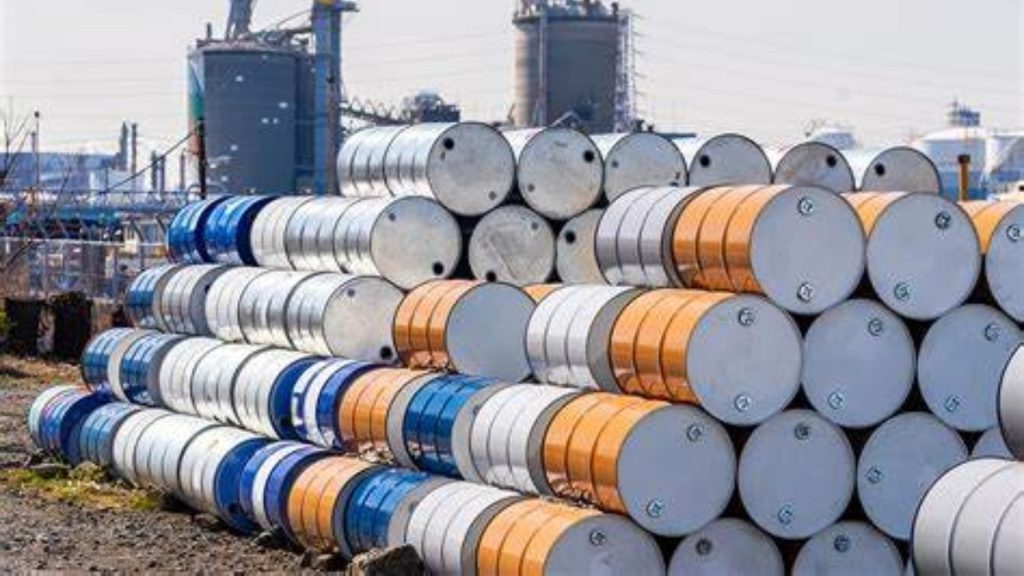
The SPR is meant to mitigate possible disruptions in the petroleum supply.
Yom Kippur War
Following the Yom Kippur War in October 1973, OPEC, led by the Arab nations,
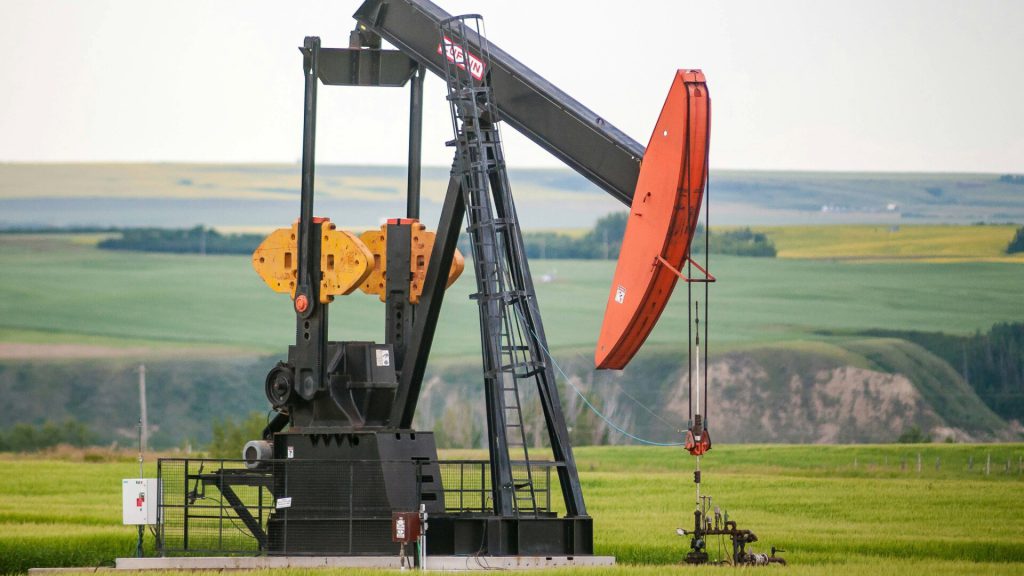
Imposed an oil export embargo on the United States in retaliation to its support for Israel.
Shortages In Oil
This caused a ripple effect that made oil prices quadruple in a matter of a year,
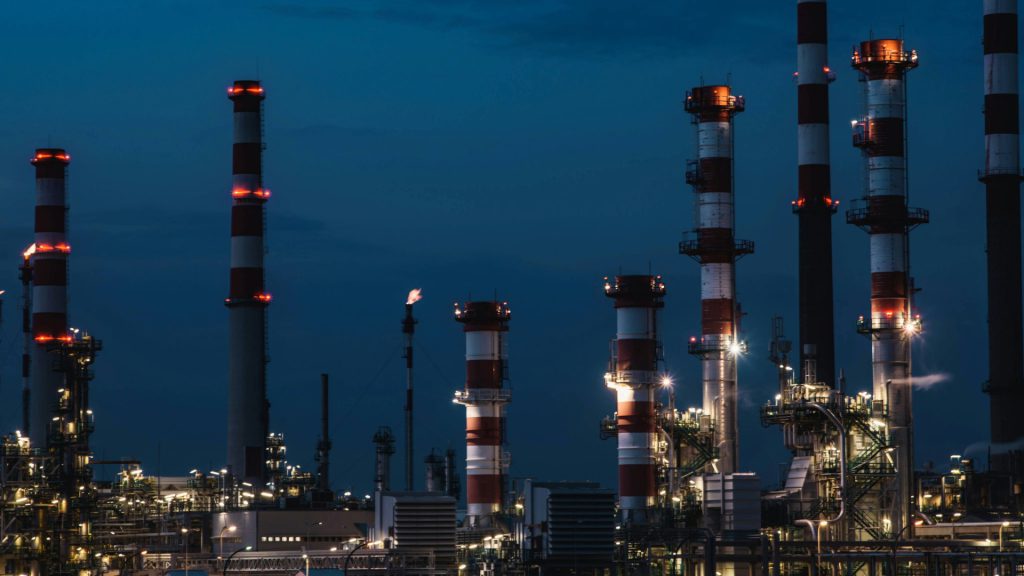
This caused the United States to have its first oil shortage since World War II.
Shortages In Gasoline
The gasoline shortages caused long queues,
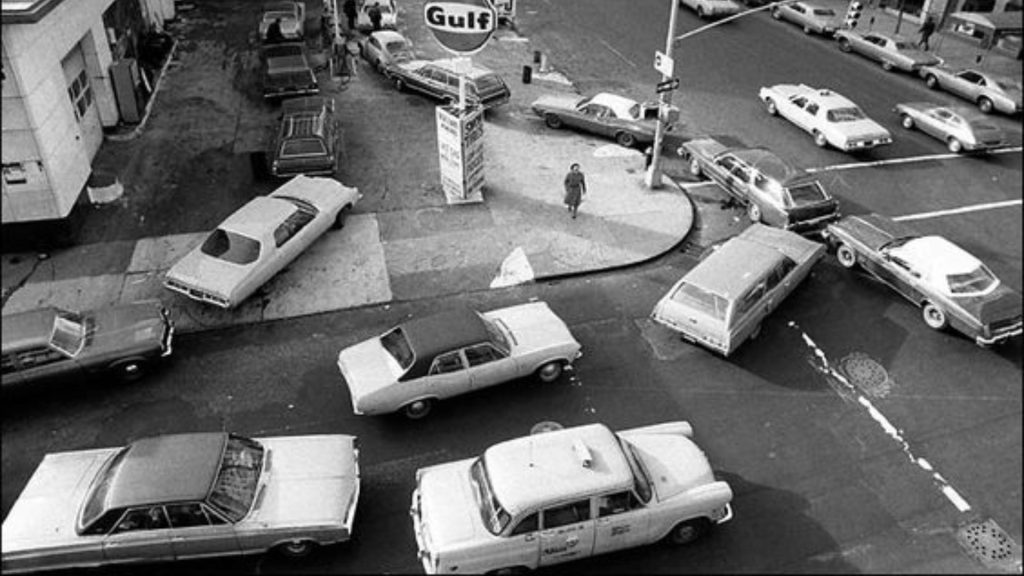
This Prompted authorities to create a strategy where vehicles with odd or even license plates were permitted to refuel on alternating days corresponding with their license plate throughout the month.
Federal Government
To reduce oil consumptions, the federal government put systems in place such as reducing the speed limit to 55 mph nationally,
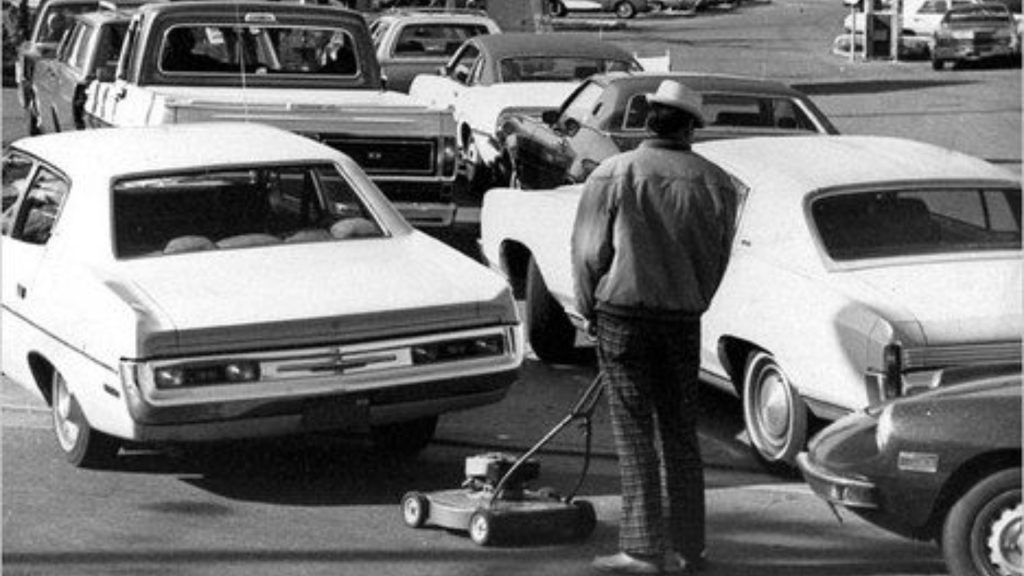
And individual states implemented rationing systems.
Oil Crisis In 1973
The 1973 oil crisis, sparked by an embargo from OAPEC,
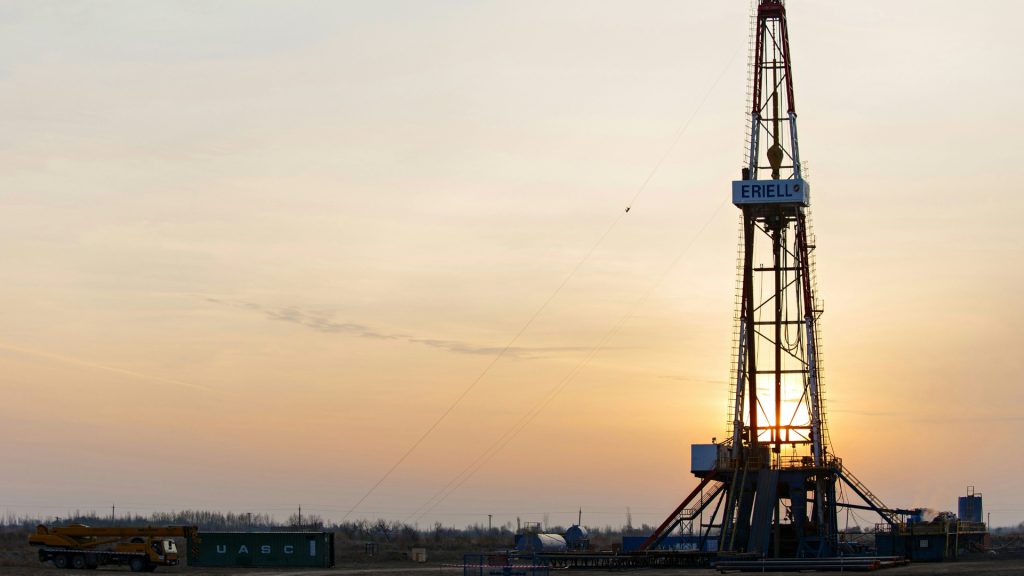
Resulting in fuel shortages in the United States, this led to a 2.5% economic shrinkage.
715 million
The establishment of the SPR in 1975 secured oil reserves,

Reaching a peak in over 715 million barrels in 2010.
Negotiations
The embargo concluded in March 1974 thanks to negotiation efforts,
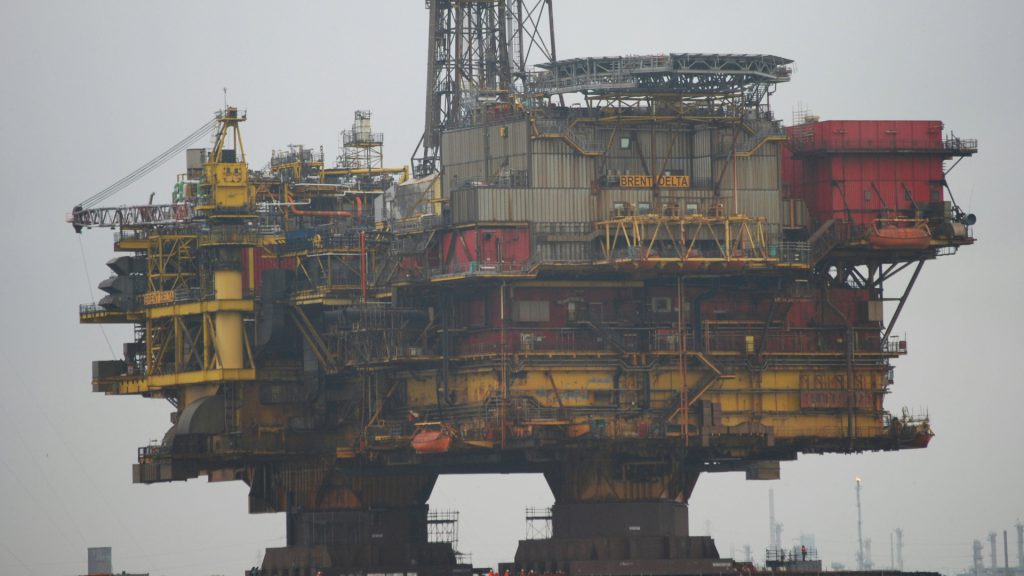
But this contributed to stagflation throughout the decade.
Production In Domestic oil
Efforts to boost domestic oil production, which were prompted by the crisis,
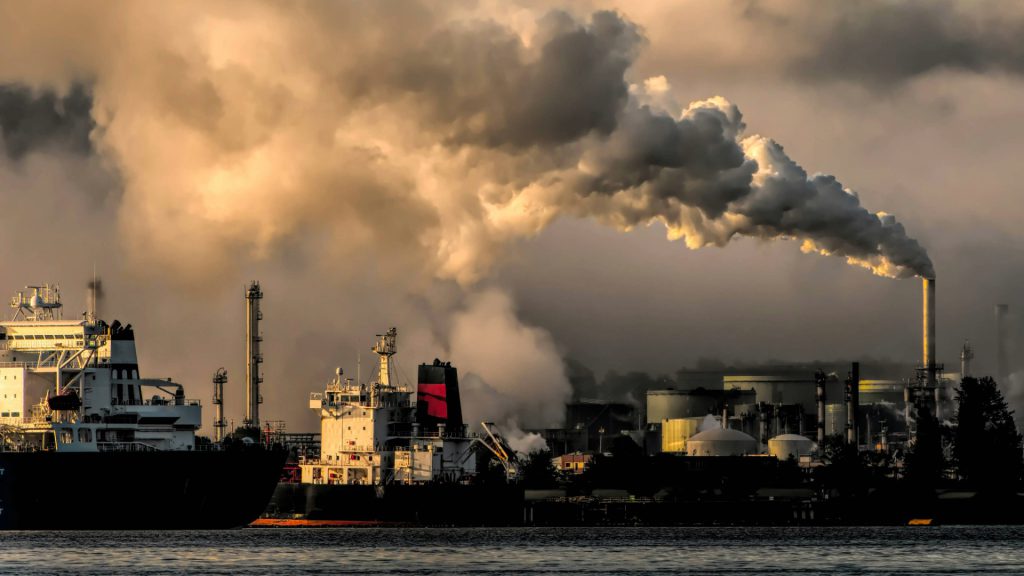
Led to a reduction in reliance on OPEC from 70% to 16% today.
National Security
The SPR is crucial for national security,
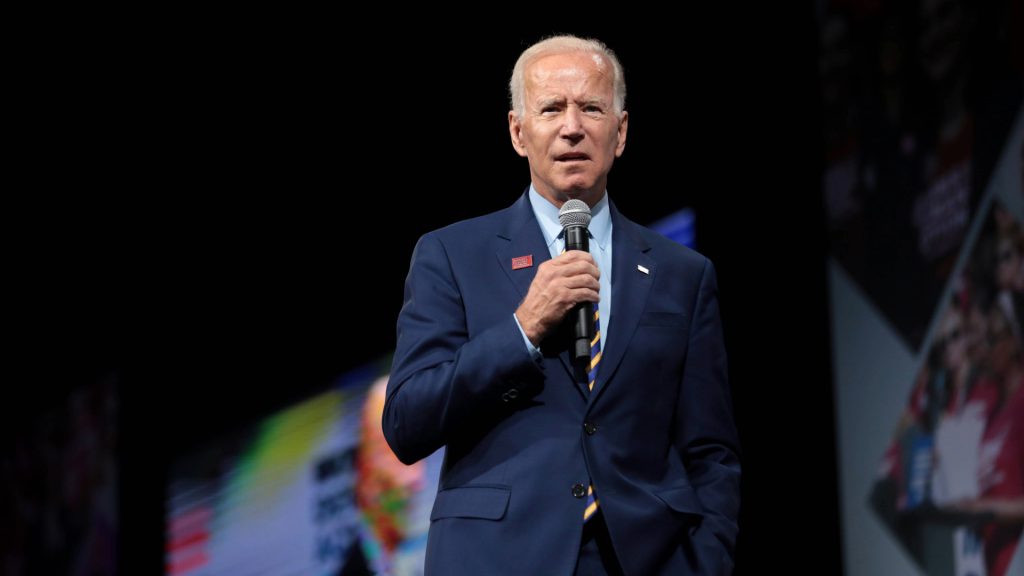
But leveraging it for political purposes could cause a significant risk in oil shortages during a global crisis or conflict. Highlighting the fact that there needs to be a strategy for oil reserves.

